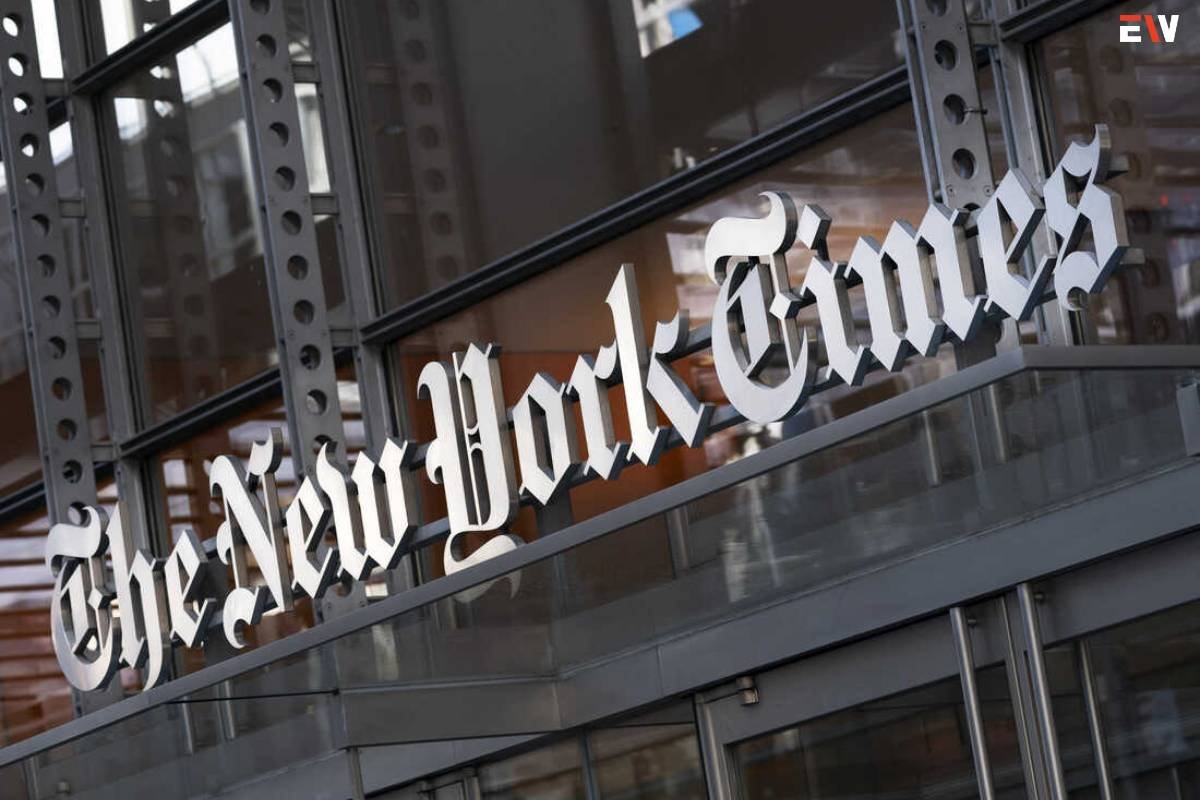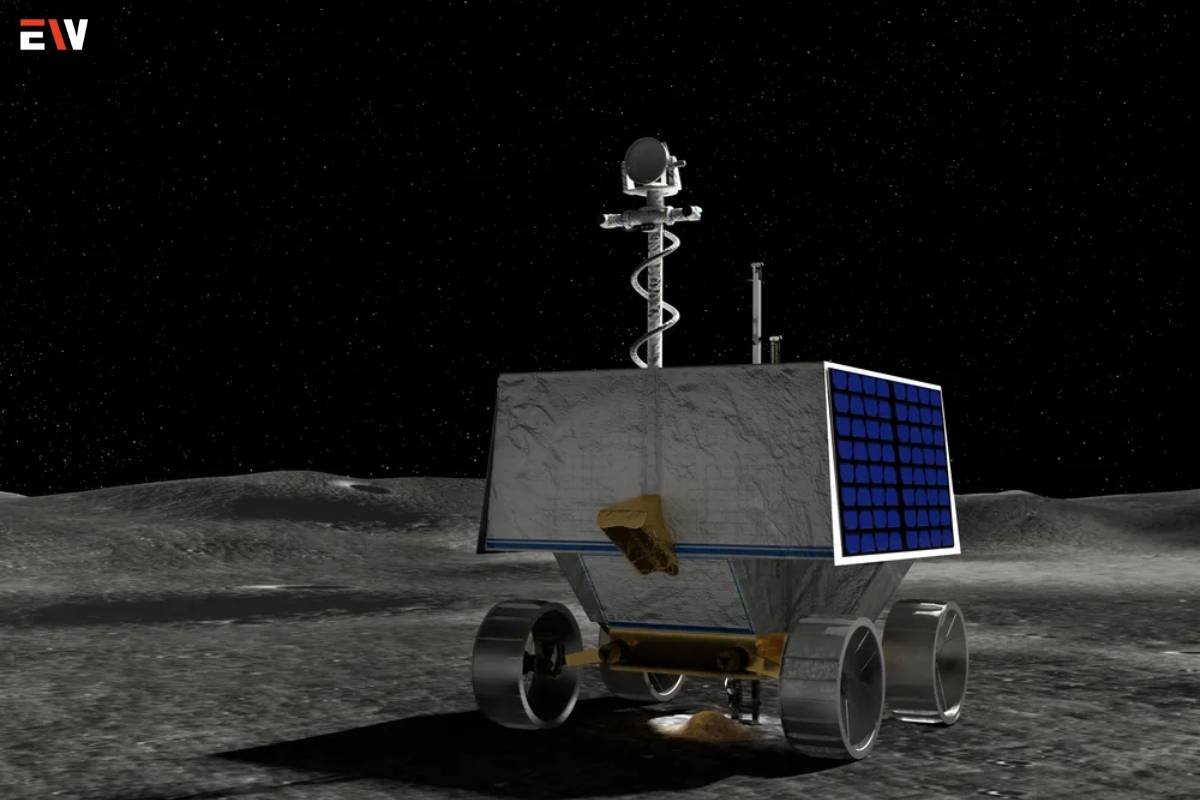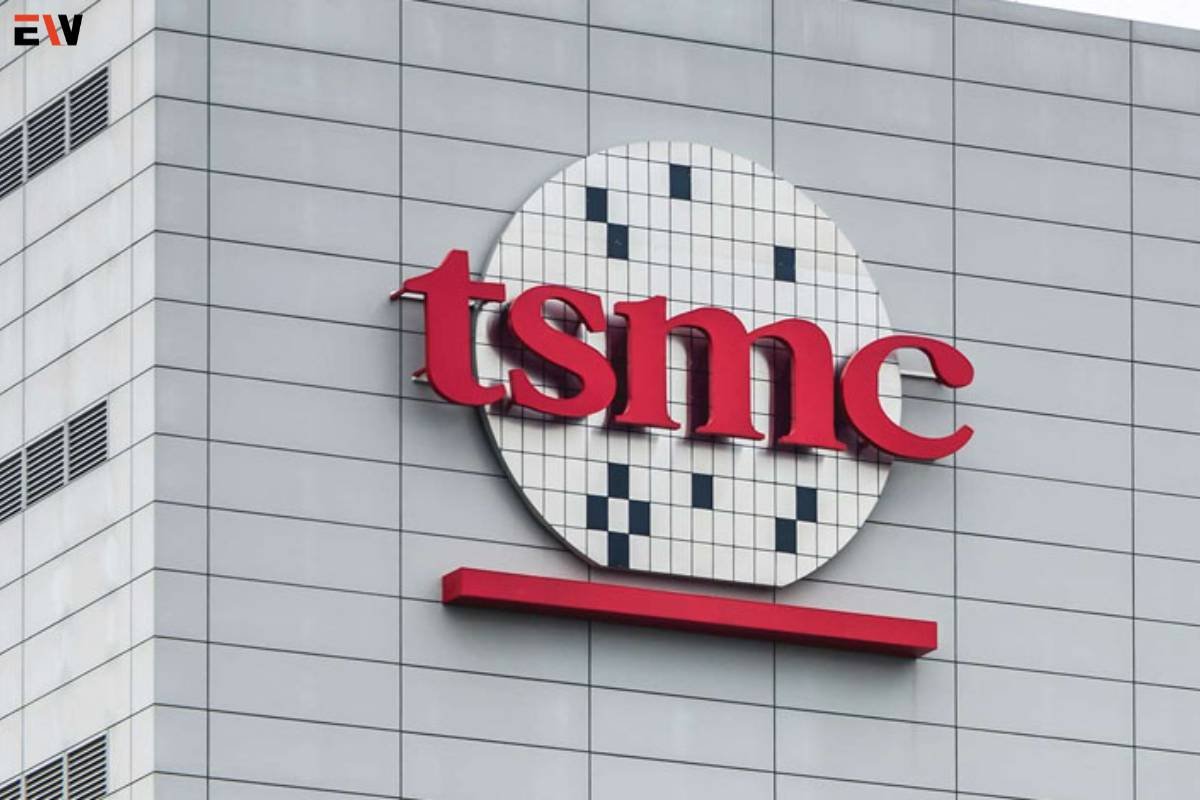Credit- AP
A legal battle has erupted between The New York Times and tech giants OpenAI and Microsoft, as the renowned news outlet accuses the companies of copyright infringement. The lawsuit contends that these tech entities unlawfully utilized millions of Times articles to train AI models, including ChatGPT, creating technology that directly competes with the Times’ services.
An Ongoing Legal Struggle
This lawsuit marks the latest in a series of legal actions aiming to curb the widespread scraping of online content to train large language AI models without compensating content creators. Concerns loom among writers, journalists, and creatives who fear that AI will replicate their work without due acknowledgment or payment.
The Times’ complaint, distinctive for its targeting of OpenAI and Microsoft, alleges that the companies heavily relied on Times’ content, emphasizing it within their AI models. Microsoft’s substantial investment in OpenAI and its position on the board further intensify the legal conflict.
The Allegations
In their filed complaint, The Times emphasized its commitment to informing subscribers, raising concerns about the unlawful use of their content by OpenAI and Microsoft. The Times asserts that the companies took advantage of its journalistic investment without permission or compensation, jeopardizing the Times’ ability to provide its service.
OpenAI responded, expressing surprise and disappointment, highlighting their willingness to collaborate with publishers for mutual benefit. Microsoft, however, remained silent regarding the lawsuit.
The Continuing Dispute
Despite efforts to negotiate compensation, The Times alleges that both companies deemed their use of Times’ content as “fair use,” a claim vehemently refuted by the news outlet. The Times contends that AI models like ChatGPT and Microsoft’s Bing chatbot infringe on their content, providing similar services without proper compensation.
New York Times sues OpenAI and Microsoft for copyright infringement
Industry Pushback Against AI
The Times’ legal pursuit aligns with a broader resistance from leading newsrooms like CNN, who deployed measures to block OpenAI’s web crawlers from accessing their content. Similar lawsuits involving prominent personalities and fiction writers have surfaced, reflecting a collective concern about AI’s use of copyrighted materials without consent.
The Potential Implications
The Times lawsuit seeks substantial damages, without specifying an exact amount, and demands a permanent injunction against further infringement. Legal experts anticipate this case to potentially set a precedent, as the legality of using copyrighted material to train AI models remains an unsettled matter within the legal landscape.
The Battle for Compensation and Control
The clash between traditional media and burgeoning AI technologies epitomizes the struggle for fair compensation and acknowledgment in the evolving digital landscape. As the legal confrontation unfolds, it embodies the broader quest for equitable treatment of copyrighted content in the era of rapidly advancing artificial intelligence.









